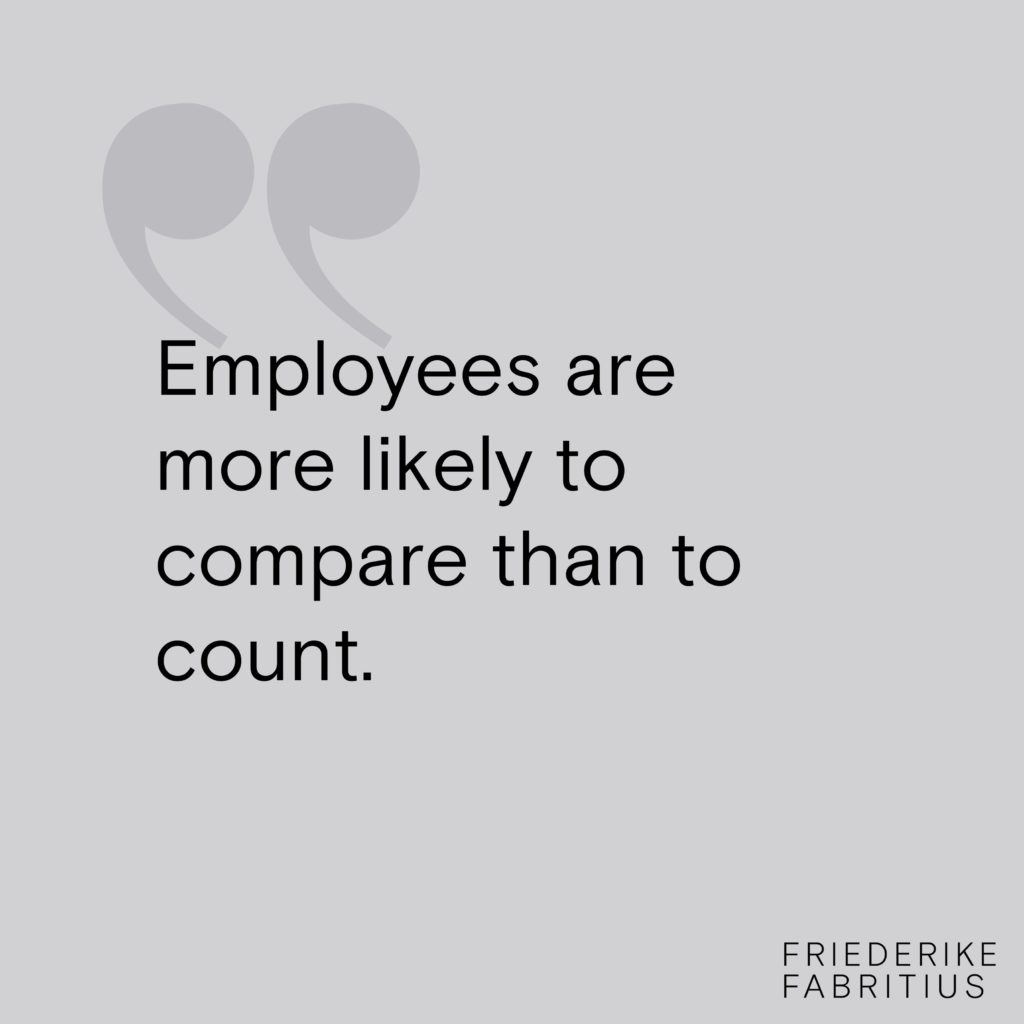What to think of prior to the next bonus round
The image of a rational, economical human being is a persistent myth.
In fact, dozens of books have been written on the topic, and yet the realization still hasn’t fully sunk in, especially with managers.
When two Capuchin monkeys, side by side but in separate cages, were asked to perform the same simple task and rewarded with a piece of cucumber, both monkeys consumed the treats with delight. But when researchers started rewarding one monkey with an even tastier grape while continuing to give the other cucumber, the cucumber Capuchin went bananas, throwing the cucumber back at the researcher.
Silly monkeys, you say?
One study found that human respondents would rather earn $50,000 a year while their coworkers earned $25,000 than earn $100,000 during the same period when everyone else was earning $250,000 for performing similar work.
What rational human being would prefer $50,000 to $100,000?
That’s precisely the point. We’re not always rational, at least not from a strictly economic standpoint. Although we may be motivated by money, we’re repulsed by unfairness.
In many cases, comparison counts more than counting. Managers need to be mindful of the social component that gets factored in to their employees’ assessment of value. If you’ve got an employee who’s making far more than she did in her previous job yet finds she’s being paid considerably less than her colleagues doing similar work, you shouldn’t be shocked if she suddenly quits.
Money still has measurable value in our economic world, but from a social perspective, factors like fairness and status can be priceless.
